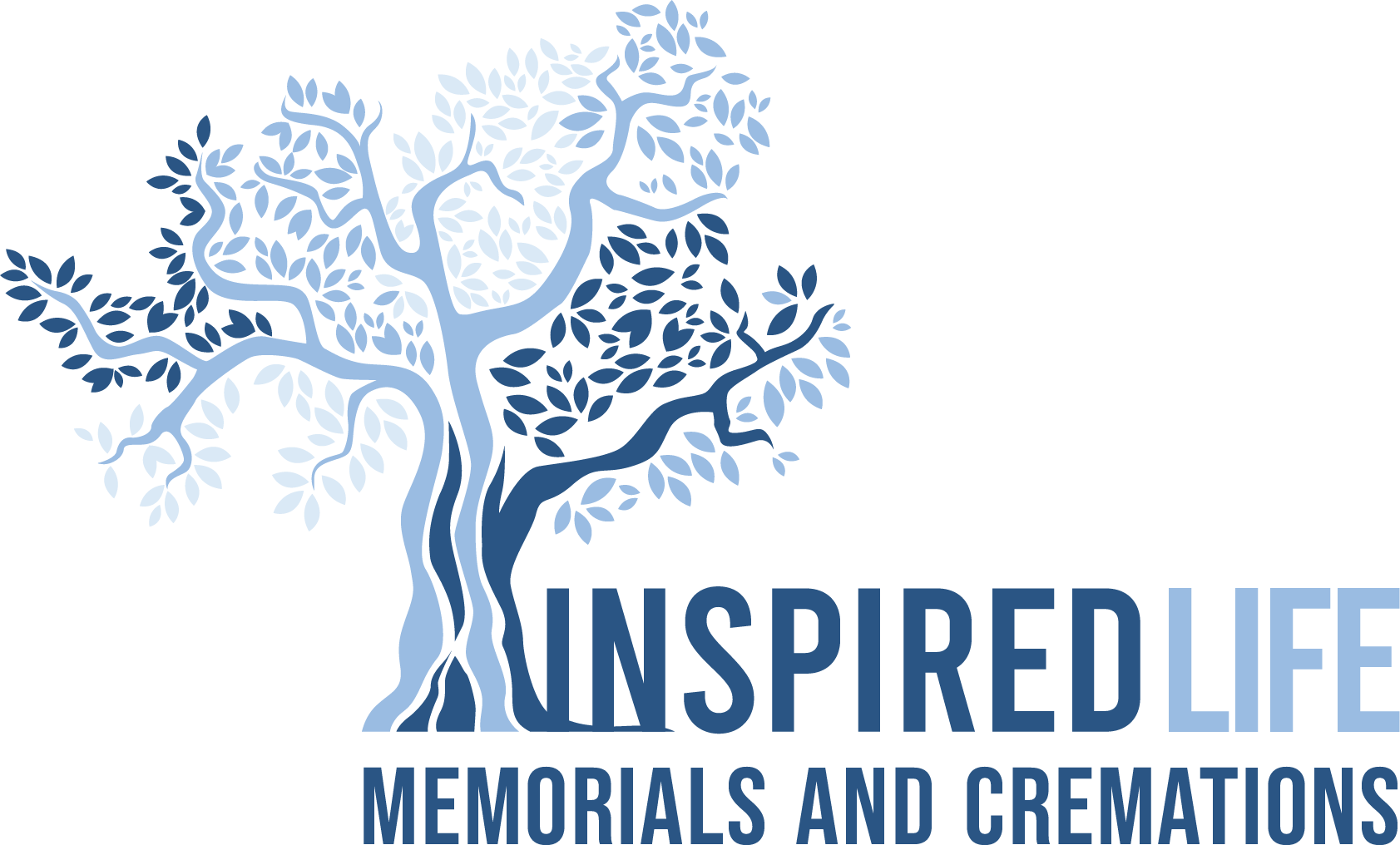Frequent Questions
Frequent Questions
Click on the questions below to reveal each respective answer.
-
How much will I spend on cremation service compared with a typical burial?
The first thing that most people ask about cremation is how much they will spend as opposed to a traditional full body burial. An average burial may cost around $7,640. This does not include additional expenses such as grave vaults, memorial markers, opening and closing fees, etc. This can cost six to eight times more than cremation services that Inspired Life offers. With cremation packages starting at just $795, we offer a very affordable service, and do so with compassion, dignity, and professionalism. If you’re looking for affordable cremation options, please contact us today.
-
What should I do when a death occurs?
The first step you should take when your loved one passes away is call Inspired Life at 800.723.1465. Our first response team will assist you with your immediate need, and help you navigate the arrangement process every step of the way. From transporting the deceased from the place of death to our care center, to helping you choose an optional urn or keepsake, to delivering the cremated remains to your destination of choice, Inspired Life will be with you throughout the entire process. Please contact our Inspired Life office if a death has occurred.
-
How is the deceased cremated?
In order to obtain the ashes of a loved one who has died, the cremation chamber uses high heat. A secondary process then takes place to further reduce the remaining fragments. The ashes are then placed in a container such as an urn.
-
What should I do with jewelry and gold teeth during cremation?
Items such as pacemakers, jewelry, gold teeth, or other important belongings are not recommended to be cremated with the deceased. Pacemakers may pose a combustion hazard, while jewelry and gold teeth oxidize and will be reduced to nothing. An alternative suggestion, especially if your loved one’s cremated remains will be placed in an urn and presented in a columbarium or similar location, that items such as jewelry or other keepsakes be displayed with the urn.
-
How does an Inspired Life cremation compare to services from traditional funeral homes?
We understand that losing a loved one can be one of the most devastating and challenging events in life, but the final arrangement process shouldn’t be. Traditional funeral homes often have confusing processes and expensive options. At Inspired Life, we have streamlined the process to make it easy for families to understand, provide compassionate and professional staff to assist every step of the way, and provide a simple yet dignified cremation option that is extremely affordable in comparison to traditional funeral homes.
-
What services do funeral directors provide?
The funeral director's job is to assist the bereaved in various ways to help them through the loss of a loved one. A funeral director provides bereavement and consolation services for the living, in addition to making arrangements for the cremation, burial, and memorial services for the deceased. He fulfills the role of funeral arranger, funeral director, funeral attendant, and embalmer.
The following list is not all-inclusive, but describes some of the major tasks of a funeral director:
- Removal and transfer of the deceased from the place of death to the funeral home
- Professional care of the deceased, including embalming, casketing, and cosmetology
- Consulting with family to make arrangements for the funeral service
- Filing certificates, permits, and other required forms
- Obtaining copies of the death certificate
- Arrangements with the cemetery, crematory, or other places of final disposition
- Creates and publishes the obituary
- Arrangements for clergy, music, flowers, transportation, pallbearers, and special fraternal or military services
- Directs and manages the funeral service and the funeral procession
- Assists the family with death-related claims, including Social Security, VA insurance, grief counseling
-
Why are funerals so expensive?
A traditional funeral involves a number of services which add to the total cost. Besides a non-declinable basic services fee, other charges may include removal/transfer of the body to the funeral home; embalming; other preparation of the body; use of facilities and staff for viewing; use of facilities and staff for the funeral ceremony; use of a hearse, service car, or van; a basic memorial printed package; metal casket, a vault or grave liner, and purchase of a cemetery plot.
-
What is the purpose of a funeral?
A funeral or memorial service provides an opportunity for the living to show respect for the deceased and pay tribute to their life. It provides a framework to freely and openly express our beliefs, feelings, and thoughts about the death of our loved one. It gives us permission to grieve our loss, share in solidarity, and gain strength from others who are experiencing the same loss.
-
What are the choices for funeral services?
The four main types of funeral services include the traditional funeral service, the memorial service, the committal service, and the affirmation or celebration of life service.
-
Can you still have a funeral if you choose cremation?
Yes, cremation or burial is merely the disposition of the body. Funeral services are to honor and remember your loved one, regardless of disposition.
-
Can I plan in advance if I choose cremation?
Pre-arranging funeral services can be done regardless of the final disposition. Pre-arranging is simply recording your wishes with the funeral home and prefunding if you choose to do so.
-
What information should I bring to the arrangement conference?
- Advance Directives - If the deceased left any written advance directives concerning the disposition of his remains and memorialization, you need to bring them with you. These instructions may be found in a will, or there may be a formally witnessed disposition directive, funeral pre-arrangements, or a pre-need contract.
- Military Discharge Papers
- Details on any cemetery property owned by the deceased or the family (grave plot, columbarium space, etc.)
- Recent photograph of the deceased and any personal effects that you wish to be included in the viewing or burial
- Specific information on the deceased:
- Full legal name
- Address
- Marital status
- Social Security number
- Date of birth
- Place of birth (city and state)
- Educational history (number of years of schooling)
- Armed Forces service dates and serial number
- Occupation or profession
- Parent's names, including mother's maiden name
- Next of kin and other survivors

